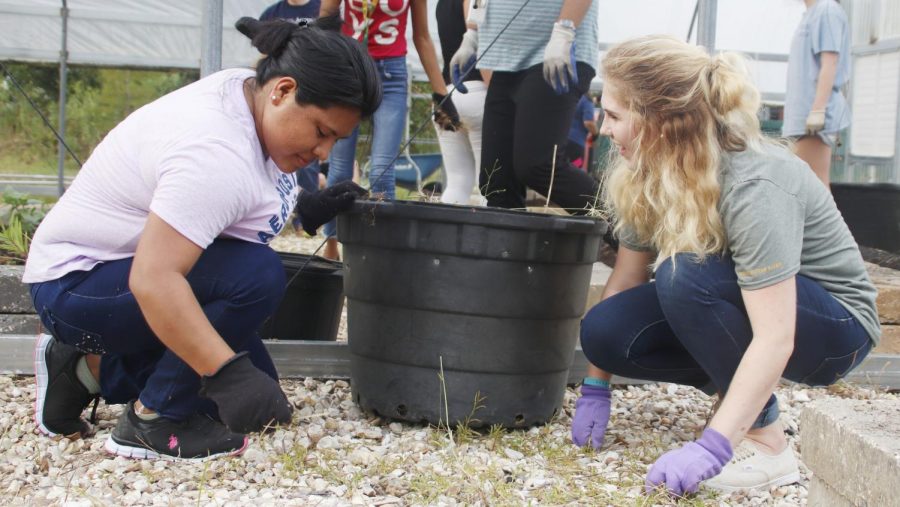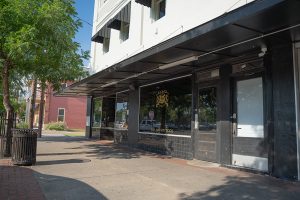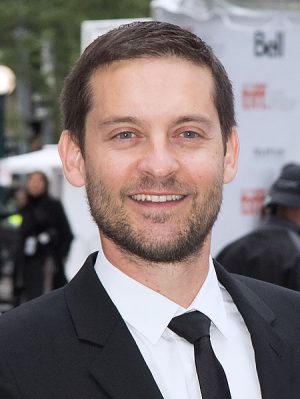Studying interaction
File Photo
Student participate in the “Community Gardening Day” to clean up the garden with Reconnect, a sociology student organization.
October 31, 2018
Through sociology, students can learn about a range of topics concerning human interaction from comparative family patterns to race and ethnic relations.
Assistant Professor of Sociology Dr. Robert Martin discussed what the study of sociology entails.
“It’s basically the study of people interacting,” said Martin. “It’s the study of people interacting in relationships, friend relationships, family relationships, societally, whole countries, and what we do is we try to understand how those relationships work and also how power and inequality is involved in that.”
According to Martin, being a sociologist requires being “a person who is willing to question a lot, a person who is willing to question their own assumptions and willing to sort of revisit their own preconceptions.”
“A lot of the times, a lot of what sociology does is it takes what sometimes might be conventional wisdom and might show why it’s not necessarily true,” said Martin. “So, a person who is willing to go on kind of an intellectual journey is someone who would get a lot out of sociology.”
Instructor of Sociology Rebecca Hensley believes sociology is relevant to all students regardless of major.
“Every boss wants critical thinkers, and that’s the main thing we do,” said Hensley. “We also teach people how to learn. Every job you ever have, you’re going to have to learn. You’re not going to learn everything you ever need to know in four years of college. You didn’t learn everything you needed to know in 12 years before that. Why would four years prepare you for the rest of your life?”
President of the Southeastern Sociological Association Katherine Davis, a senior sociology major, shared why she decided to study sociology.
“People who are in sociology are really about sociology,” said Davis. “You never really meet anyone who is just like, ‘Oh, yeah, I’m just here for the money of it,’ because it isn’t really much.”
A few of the potential careers in sociology include being a child welfare specialist, an instructor, a compliance manager, a community counselor, a mental health therapist or a freelance journalist.
Davis wants to become a project manager for a nonprofit or a charity.
Davis said, “I went on a field trip last semester with Dr. Burley’s class, and we went to the Lafitte Greenway and talked to some project managers of some charities, and it just seemed like something I’d really into doing it, and I could see myself doing it, which is why I ran for president of the Southeastern Sociological Association.”
Davis attributed her passion for sociology to it being “wrapped around the idea of helping people.”
“I’d say that’s what makes me passionate about it because it’s the study of understanding people,” said Davis.








